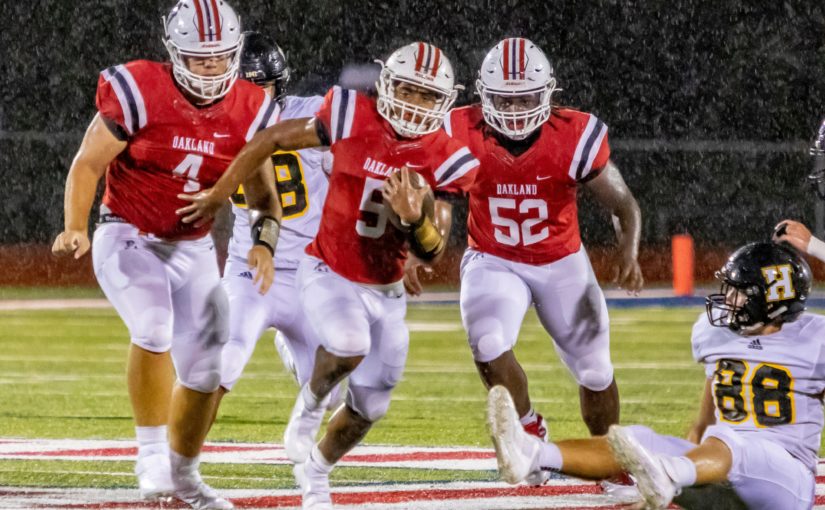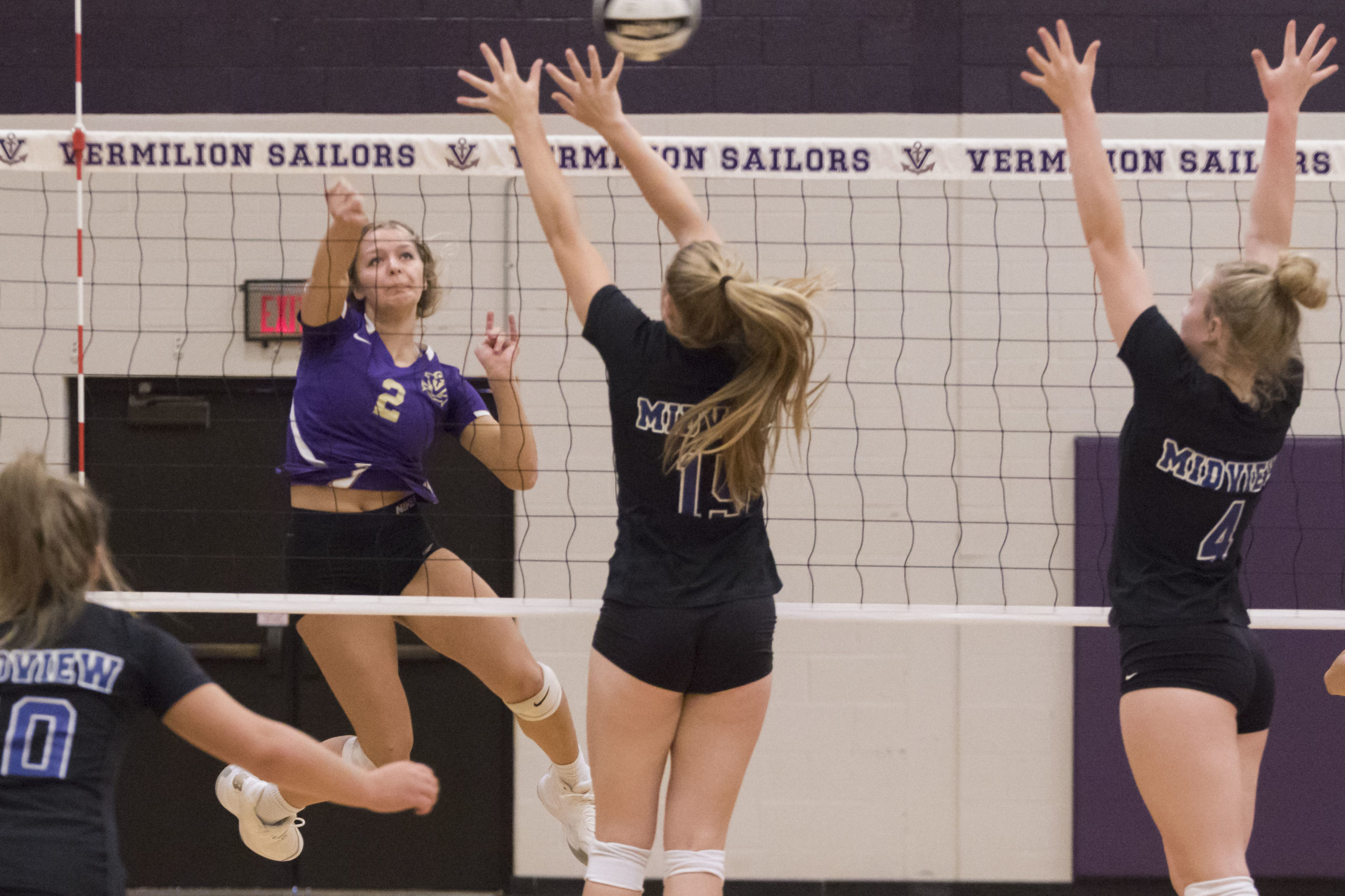A Must Read!
Coach Jerry has shared this and urges EVERY one of our players to read this, especially 12’s and up.
The Article Every High School Athlete Must Read
High school athletes, no matter your sport, this one’s for you. However, if you’re just in it for the letter, don’t waste your time reading. This is for the athlete with true dedication and commitment. The one working on skills after practice, doing speed drills before school, and watching film after the game. Those who don’t just dream of being a high school standout, but dream of one day receiving that first paycheck as a professional athlete. So, with that said, I have three questions before moving forward:
Why Raw Talent Isn’t Enough
The Breakdown: All upper-level athletes have talent. Take a lesson from the training habits of elite professional athletes and learn to set yourself apart.
 There are plenty of athletes with raw talent who perform in high school, get the attention of scouts, and go on to play in college. However, raw talent does not translate to success once you get there. Getting that scholarship is an acknowledgment that you are worth investing in, but once you’re there, you have to prove it. There will be other athletes joining the team with the same talent, stats, and skills. From there, it comes down to the small actions you are willing to take in order to move your performance to the next level.
There are plenty of athletes with raw talent who perform in high school, get the attention of scouts, and go on to play in college. However, raw talent does not translate to success once you get there. Getting that scholarship is an acknowledgment that you are worth investing in, but once you’re there, you have to prove it. There will be other athletes joining the team with the same talent, stats, and skills. From there, it comes down to the small actions you are willing to take in order to move your performance to the next level.
There are two main reasons athletes struggle to succeed at the collegiate and professional level: injury and mentality. Plenty of athletes are given the opportunity to play professionally, are stockpiled with talent, but fall short because they either can’t stay healthy or aren’t prepared to handle the pressure and expectations that come with playing at the highest level.
The key is minimizing injuries throughout their careers (translating to more playing time) and fostering an elite mentality both within the sport and outside it. Elite athletes realize the importance of this concept.
It’s Not Just About Buckets and Gains
The Breakdown: Training is more than lifting and skills work. You must take advantage of every facet of training in order to become an elite athlete.
When you think of training, what comes to mind? The majority of people respond with strength and skills. Focusing on these can make you a good high school athlete and even a decent collegiate athlete, but it will not make you elite. Becoming elite means optimizing every aspect of training possible in order to reach peak levels of performance.
The “I” Word
The Breakdown: Playing is the only way to show your skills. Injury and illness lead to missed opportunities. Therefore, you must train to avoid injury.
An athlete’s biggest setback? Injury. If you are injured, you can’t train like you want, miss practice reps, and lose in-game experience, ultimately leading to missed opportunities. What is the number one way you show coaches and scouts you have what it takes to play at the next level? By playing.
Staying healthy and giving yourself more opportunities to perform could be the difference between getting that coveted scholarship or having a professional athletic career. This makes injury prevention key, and it needs to start now.
Food Is Power
The Breakdown: Food is a tool you must use to optimize your performance and prevent injury. Adding a nutrition training program now is a defining action that will separate you from other athletes.

Traced back to the root, a lot of injury results from chronic stress and inflammation. In sports, athletes move, cut, stop, fall, and hit, which triggers an inflammatory response in the body. Short term, this inflammatory response is useful, protective, and actually helps the body adapt to necessary stressors related to the sport.
If you aren’t giving your body the nutrients it needs to fortify your immune system, your body will not be able to fight off the colds, flus, and viruses you are exposed to. Sickness prevents you from performing at an elite level, causes missed practices, training sessions, and game time, ultimately leading to depleted stats and missed opportunities to show your skills.
Nutrition, along with preventing injury and illness, has everything to do with achieving peak performance. To break the performance plateau, move to the next level, and become an elite athlete, you must optimize nutrition by consuming the fuel your body needs for energy, growth, repair, and recovery.
Mind Game
The Breakdown: Training the mind is just as important as the body. Mentality within the game, as well as in your personal life, must be addressed in order to be a successful collegiate and professional athlete.
As an athlete, every aspect of your game is analyzed and critiqued over and over. This only gets worse as you progress further in your sport and achieve higher levels of success. It’s great when you have a good game and get online to read about how awesome you are, but it becomes much less fun when your play is off and suddenly your whole game is in question. The pressure to go out next time, perform, and prove yourself becomes all-consuming and can lead to extreme amounts of mental stress and fatigue, which is a performance killer. Everyone has bad outings, but what separates regular athletes from the elite, is having the mental resilience to bounce back from that bad performance.
Another component of mindset training is focusing on your mental and emotional needs outside the sport. What goes on in your relationships, school, job, and home life, directly affects you as an athlete and how you perform. Mindset training involves addressing your emotional needs, finding a support system, a mentor, someone you feel comfortable talking to and setting goals both athletically and personally.
Do You Even Recover?
The Breakdown: Optimizing sleep and nutrition are essential to recovery. Proper recovery allows for optimal performance and avoidance of injury. Young athletes must start now.
Most athletes have a limited view of recovery, including hot and cold therapy, massage, and compression. The recovery they need to focus on is sleep and nutrition.
» ALSO SEE: Leadership Issues Facing Youth Sports
For many, sleep is viewed as a weakness. The problem is, research shows a direct correlation between sleep deprivation, altered athletic performance, and increased risk for injury. What athletes don’t realize is that sleep is their greatest ally when it comes to recovery. If you aren’t prioritizing sleep, then you are depriving your body of the ability to reach peak levels of performance and are leaving yourself vulnerable to injury and illness.
Along with sleep, nutrition is huge when it comes to recovery. You need to consume the right foods that will promote muscle repair, restore energy, and decrease inflammation. Young athletes are not being taught how to use nutrition to enhance recovery, which is preventing them from reaching their full athletic potential.
A balanced recovery program is essential for training efficiency, peak performance on game day, and preventing injury caused by overtraining. You must start developing these recovery habits now.
So, I ask again. How bad do you want it?
For more information on nutrition, mindset, and recovery programs contact Loftin Dortch RN, BSN, IIN-HC, NASM-CPT at loftin@awellnessuprising.com.
